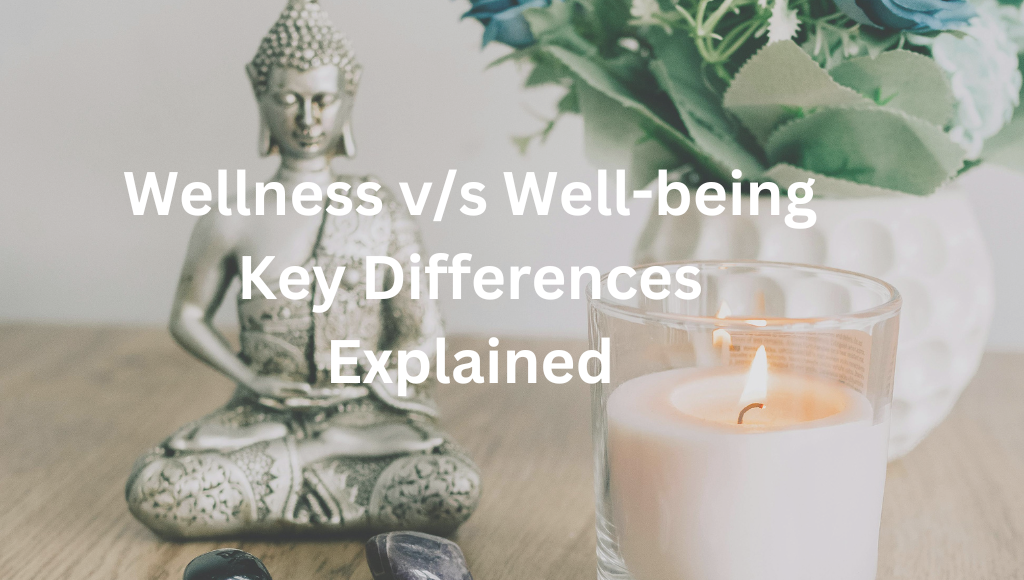
Listening to your favorite music can overcome many situations, and experiencing some kind of joy with it can aid in healing parts of the brain that otherwise have a stronghold over depressing situations brewing in your mind. Music Therapy provides a variety of benefits for people suffering from depression by helping them to heal and relax.
In this article, we will examine music therapy, what it is, how it functions, and the methods by which this therapy helps with expression.
Explain Music Therapy
Musical courses can be viewed as an art form, and composing and developing music can improve one’s quality of life and health simultaneously. However, the topic of music therapy is not widely covered in the fields of psychology and therapy. The content of a music therapy session can be wide-ranging, including elements like listening to music, creating music, and movement and dancing.
There is an emphasis on the role that composition plays overall, as it is composed of one’s memories and creativity and how it could help you heal while improving your emotional turmoil.
Benefits of Music Therapies in Cases of Completely Depressed Subjects
Making a shift, like getting out of bed or taking a shower, can feel overwhelming when struggling with depression; listening to music can have the ability to change your mindset and ultimately end you up in a better frame of mind. To begin with, depression/sadness can feel like a never-ending cycle; however, music therapy works by using the art of music and shows you the way out in the following ways.
1. De-Stresses_Loads off: Listening to music decreases the stress hormone secretion.
2. Music increases overall happiness, provides an escape, and complements your mind. With the help of music-composed endorphins, you can truly revolutionize your mindset for the better.
3. Writing down or Playing a combination overwhelms insecurities as plays and creates history when everything else seems dull. Writing music creates an entirely different dynamic in your life.
4. Increases Concentration: Music therapy also teaches how to concentrate, which can help curb overwhelming feelings.
5. Shares with Others: Such sessions also help fight loneliness and promote a sense of community.
The Benefits of Music Therapy for Depression
The use of music therapy has several advantages for individuals suffering from depression. Take note of the following benefits:
1. Provides emotions with an outlet
Musical activity, regardless of the type, is exempt from society’s restrictions. Whether touching an instrument or simply relaxing, music gives one a mental break.
2. Reduces insomnia
Depression can increase the difficulty some people have with sleep. Soft, peaceful music can go a long way toward settling down the body and mind and thereby inducing sleep.
3. Increases Drive
A characteristic associated with someone suffering from depression is low levels of energy. Upbeat music can influence mobility and energize the individual.
4. Enhances self-worth
Learning to play a certain instrument or compose music as part of music therapy can enhance self-esteem and self-worth.
5. Helps Relax
Music that you can relate to tends to help soothe feelings and make one feel less isolated; sometimes, that is all you need to feel comfortable.
Music therapy methods: techniques and approaches
There are various approaches available in music therapy for addressing depression. They include:
1. Listening to Music: Therapeutic music that is relaxing or uplifting is played to relieve stress and improve mood.
2. Songwriting: You can create lyrics that convey something you feel strongly about and make a song.
3. Playing Instruments: One can use an instrument for relaxation and empowerment.
4. Singing: Singing promotes tension release and aids breathing control.
5. Music and Movement: Movement or dance is a way to express yourself physically and emotionally through sound.
How to Become a Member of Music Therapy
If you have made up your mind to go with music therapy for depression, here are steps for you to follow:
1. Locate a Professional in the Field: Seek a music therapy expert specializing in mental health conditions.
2. Understand the Patients’ Problems: Talk about their emotions and objectives. with the patients
3. Work On Multiple Techniques: Attempt various approaches, including listening to and making music and using physical motion.
4. Relax and Be Ready to Accept New Skills: Musical skill is not required. All one needs is to be open.
Do You Need to Work With a Therapist For Successfully Conducting Music Therapy?
Help from a therapist is advisable. However, effective music therapy methods can also be practiced at home:
- Compile your list of songs that always cheer or calm you down.
- Sing or hum while playing songs you like.
- Attempt playing an instrument or something such as a keyboard or a guitar to release some of your emotions.
- Opt for music during meditation or yoga classes.
- Consider writing in a journal with the help of some instrumental music to clear your mind.
Why Does Music Therapy Have an Interesting Resistance?
What’s unified with music therapy is the emotional component that sounds more effective. Given that music is a universal language that is easy to remember and can even be helpful for communication on a subconscious level, it has many applications once the understanding of how to utilize it is unearthed.
This is a beautiful and uncritical approach for people who have depression because that is how it is. Music is compelling when words are no longer an option.
Further Observations and Reassessments of the Role of Music Surgeries in non-verbal and verbal communication.
There is much evidence that music therapy is efficacious in improving how the brain performs its functions. When you come into contact with music, here is how the brain functions:
Enables Brain-Specific Functions: Neural music activates portions of the brain responsible for emotions and memories.
Regulation Of Monocytes And Macrophages: Music raises dopamine and serotonin levels, taking good care of mood additions.
Normalization Of Blood Pressure And Heart Rate: Common sense suggests that music, in general, can reduce heart rate and blood pressure.
These physiological causes are precisely the reasons why and how music therapy is helpful in the case of depression.
Conclusion
There is no doubt that depression is a pitiful place to be for any person, but music therapy can sometimes be a silver lining in the dark clouds. Through this approach, stress is reduced, better moods are enhanced, and there is more room for emotional expression.
According to some qualified therapists, or even the ones who may be self-trained and have equipped themselves with basic skills, music can be a channel for healing.
In case you or someone you know is depressed, you should give music therapy a shot. It’s an innocent and accessible form of art that helps in the quick recovery of patients and assists in restoring their sense of happiness.
Begin your journey towards recovery today with music therapy. This could be the tune you have always been looking for.



